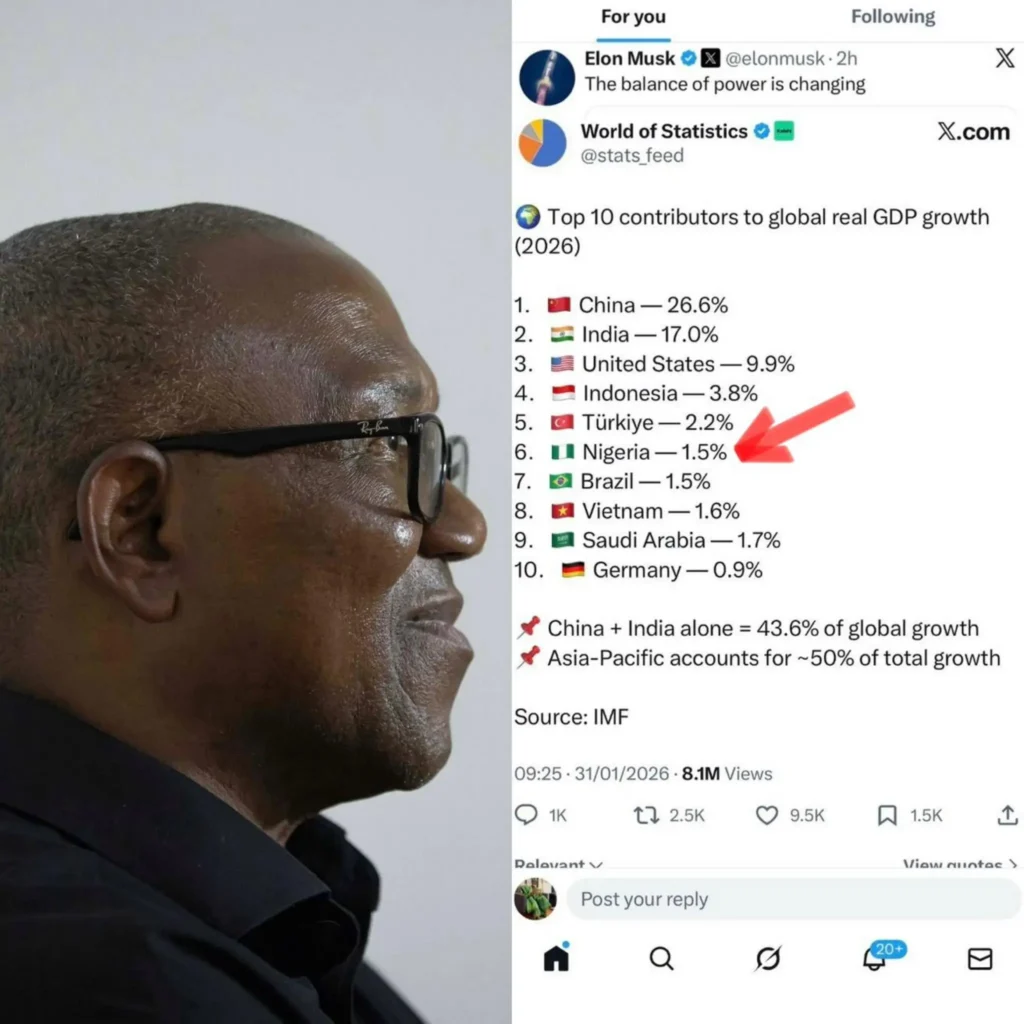If Tinubu Fails, Future Presidents May Struggle, Analysts Warn
Political analysts and governance experts have cautioned that the success or failure of President Bola Ahmed Tinubu’s administration will have far-reaching implications for Nigeria’s democratic and economic future.
Speaking on Tuesday during a policy roundtable in Abuja, they noted that Tinubu’s leadership represents a defining moment in the country’s history, stressing that a failure of his government to deliver on reforms could erode public trust in governance and make it more difficult for any future president to succeed.
According to Dr. Tunde Oseni, a political scientist and public affairs analyst at Lead City University, Ibadan, President Tinubu’s administration carries a unique burden of restoring faith in Nigeria’s democracy after years of economic hardship and public disillusionment.
“If President Tinubu fails, it will be very difficult for any future president to succeed in Nigeria,” Oseni said. “The level of disillusionment among citizens is already high, and people are losing faith in the political system. A further erosion of trust could cripple the legitimacy of future administrations.”
Oseni added that Tinubu came into office with a reputation for political strategy and reform-minded governance, but Nigerians are growing impatient with the slow pace of economic recovery, persistent insecurity, and rising cost of living.
Similarly, governance expert Aisha Abdullahi warned that a perceived failure of the current administration could deepen voter apathy and fuel cynicism about democratic leadership.
“Tinubu’s performance will either restore hope in democracy or reinforce the belief that leadership change doesn’t translate to progress,” she said. “If citizens lose faith completely, future leaders, no matter how competent, will struggle to gain public cooperation.”
The remarks come amid growing concerns over Nigeria’s economic challenges, including inflation, currency instability, and widespread poverty. The government’s ongoing reforms—such as the removal of fuel subsidies and the unification of exchange rates—have been praised internationally but remain unpopular domestically due to their immediate economic impact.
Supporters of the administration, however, insist that Tinubu’s policies are necessary for long-term stability and will set the foundation for future growth.
“President Tinubu’s reforms are painful but essential,” said Hon. Abiodun Fadeyi, a member of the House of Representatives. “If Nigerians can endure this phase, the economy will stabilize, and future presidents will have a stronger base to build upon.”
As the administration approaches its mid-term phase, public opinion remains divided on whether its economic and political agenda is yielding results. Analysts agree, however, that the next few years will be crucial in determining not just Tinubu’s legacy but also the credibility and continuity of Nigeria’s democratic project.







